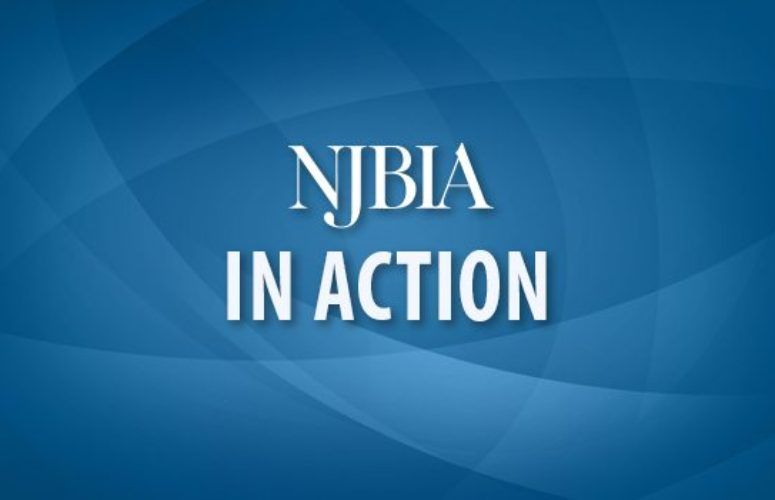
Onerous Bills Add to NJ’s Anti-Business Reputation
By Alexis Bailey, NJBIA Director of Government Affairs On Jun 30, 2022NJBIA is proud to be the business community’s voice on labor policy issues and is opposing several burdensome legislative proposals that would hurt New Jersey businesses. These bills would make it more difficult to protect trade secrets and run businesses efficiently at a time when New Jersey is trying to reclaim its status as an innovation state, increase patents and encourage new startups.
A-3715/S-1410 would limit the provisions and enforceability of restrictive covenants, severely hindering an employer’s ability to protect legitimate business interests. This bill also generalizes all restrictive covenants, including non-solicitation, non-disclosure and non-compete agreements and would bar these agreements from being enforced on certain employees, including those employed for less than one-year, non-exempt employees and independent contractors. It limits restrictive covenants to 12 months and requires employers to pay full salary and benefits to a former employee when enforcing a restrictive covenant – even if that employee has taken a new job.
A-1474/S-511 would mandate that temporary laborers receive the same wages and benefits as their equivalent employee counterparts. Additionally, the bill holds temporary help service firms and third-party companies using their services jointly liable for certain violation of the bill, including wage violations related to temporary laborers. This provision, coupled with the private right of action in the bill, will lead to litigation for third-party businesses for mistakes that could be out of their control.
S-2389 undermines at-will employment by requiring employers to retain various service employees for 90 days after a change of ownership. This bill broadly defines a service employee as any non-managerial or professional employee who works 16 hours or more per week in connection with the care or maintenance of a property. Covered facilities include residential buildings with over 50 units, commercial or office buildings over 100,000 square feet, schools, cultural centers, pharmaceutical labs, airports, train stations, hospitals, nursing and senior care centers and other healthcare provider locations, warehouses and more.
A-822/S-723 would add regulatory burdens for employers of domestic workers, which include home healthcare workers, nannies, and cleaning staff, among others that work in private homes. The bill mandates extensive benefits for domestic workers that are unprecedented in other sectors. In addition, the bill alters state worker’s compensation law by establishing an ABC test to determine worker classification. This provision would impact all independent contractors beyond domestic workers.
To access more business news, visit NJB News Now.
Related Articles:





